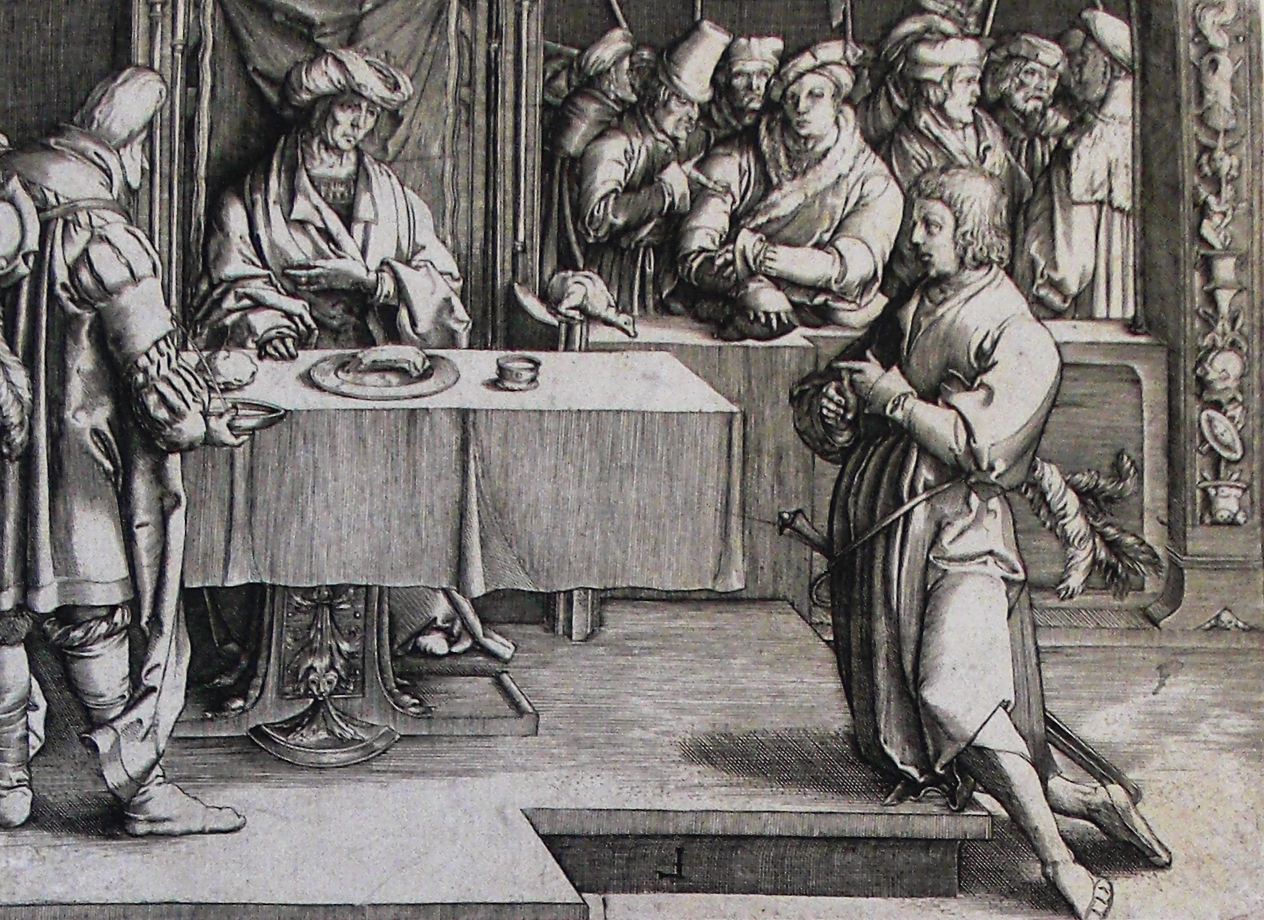22
Dec 2022
Let’s get proximate
This article was first written by Rabbi Jay Henry Moses for the Columbus Dispatch, posted Dec. 16, 2022. View the original version here.
The Book of Genesis is full of families in conflict. That’s one reason the Torah is still compelling after thousands of years – it is not afraid to show families in all their complexity.
The Torah portion, Vayigash, teaches us that healing is possible in family conflicts and this healing can provide a road map for creating a world that is more peaceful and just.
In this Torah portion, Vayigash means “he drew near.” In a moment of great tension and fear, Yehuda steps forward toward Yosef and appeals to his sense of decency and compassion. Yehuda’s willingness to be vulnerable and selfless – to come close to Yosef both physically and emotionally cracks open Yosef’s heart and he is moved to reconcile with his brothers.
This lesson from Torah applies beyond the realm of family life. Bryan Stevenson, in his masterful work “Just Mercy,” teaches that true justice work rests on certain principles. Foremost among these principles is one he summarizes in two words: “Get proximate.”
We can’t achieve justice from our hermetically sealed bubbles. We need to get out into the world and get close to the people we are trying to serve and the issues we wish to address. That means getting out of our comfort zones and seeing the brokenness of our world up close.
In a world of digital communication, sprawling suburbs, echo chambers and pandemic fears, getting proximate is a highly counter-cultural move.
These ideals can be seen at work with the teens in the Wexner Service Corps program at The Wexner Foundation volunteer in the community. They are learning at a young age that poverty, addiction and homelessness are not abstract issues happening “out there.” These societal challenges are right in our backyard, and the people affected by them are our neighbors.
We can be as distant from our suffering neighbors as Yosef was from his estranged brothers. It is telling that when they meet him again after not that many years, they fail to recognize him – not because he looks so different as an Egyptian, but because they have forgotten the power of proximity. But when Yehuda comes forward, Yosef cannot help but respond in kind. He sees that they don’t believe it’s him, and he says “G’shu na elai,” come close to me. In that moment of proximity, the crooked is made straight, the fear of famine is eased and we are one step closer to the destiny of a world redeemed.

Rabbi Jay Henry Moses is the vice president of The Wexner Foundation.

